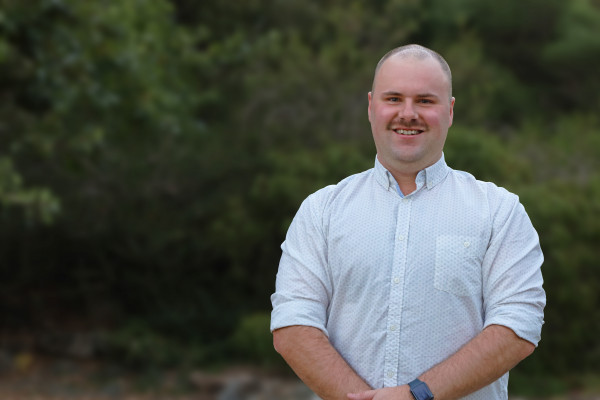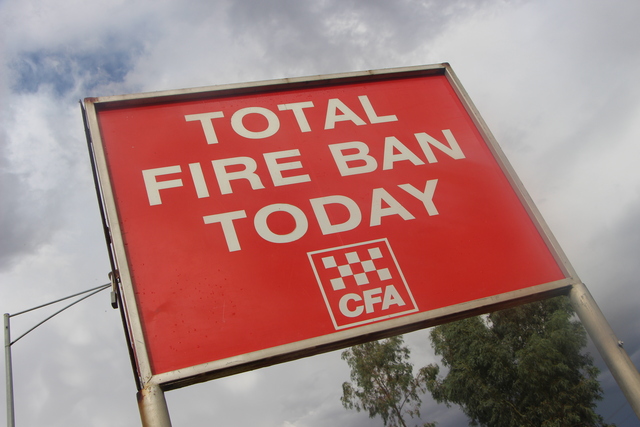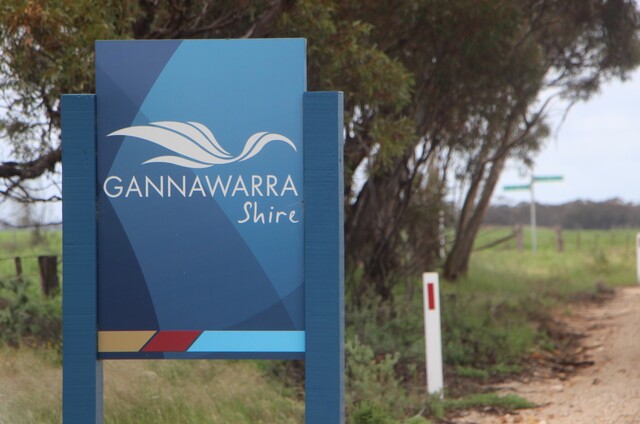The Greens candidate for Mallee says he intends to change the public perception of what his party can do for rural communities and aims to lead a swing in votes for the party at the election.
Sam McColl said he hoped to demonstrate that the party’s “progressive” policies on climate change and healthcare would benefit everyone in the traditionally conservative-voting electorate.
The 26-year-old said he was “passionate” about “embedding” free dental and mental health care in Medicare and elevating climate change as an area of debate.
Mr McColl joins five other candidates and Mallee MP Anne Webster to contest the seat at the May 21 election.
The former CFA volunteer, who grew up in Ararat, said he had noticed in his ten years as a firefighter that fires were becoming “worse” year after year in the dry Mallee.
“This climate crisis is making fire seasons longer, it’s making the weather unpredictable, especially for farming,” Mr McColl said.
“It’s making it a lot harder to predict when the rain will come, and when the rain won’t be coming.”
Mr McColl said he believed climate change was tied closely with problems growers had in knowing when to plant crops as rainfall became less predictable and water access became more difficult due to reduced flows.
He said a key measure of success for his campaign was to “send a bit of a message” that people in the Mallee had other choices and to influence “a swing away from Anne Webster”.
The National Party has safely held the seat of Mallee during this millennium but had a 28 per cent swing against it when Dr Webster won the 2019 election.
However, previous National Party incumbents John Forrest and Andrew Broad also recorded lower numbers as candidates but received higher votes as incumbents.
The Greens has picked up between three and five per cent of the vote in the Mallee since the party began nominating a candidate in 2001 but received seven per cent vote in the 2010 and 2016 elections.
Mr McColl said he was not ready to communicate his position on issues such as workforce shortages and water policy, but said he was busy talking to people in the electorate with “insight” on these issues.
“A lot of the reason why I do what I do is so that I can hear people’s stories and understand what motivates people and drives people, especially in rural areas,” he said.
“I’ll definitely be influenced by our area and making sure that our policies reflect the what the people want.”
McColl, who said his party would push for free education from preschool to university and TAFE, said now was the time to vote for the future of the electorate.
“You should make sure that you vote for your future, for your kids future and for grandkids’ future – make sure that there is a planet for us to live on.”
Meanwhile, Carole Hart will again contest the election for Labor.
Ms Hart, who grew up in Maryborough, contested the seat in 2019, attracting a 3.5 per cent swing away from the Nationals after preferences.
As a former worker in the community services, the party said Ms Hart has a strong belief in social justice – access to age care, childcare, health and education, services when and where they are needed with secure jobs for workers in services to support people, young and old.
“Doing more to meet the challenges of climate change, including water management, as well as protecting and creating the local jobs that Mallee families depend upon are key priorities for Carole,” the party’s statement said.
Other candidates include incumbent Anne Webster (Nationals), Sophie Baldwin (Independent), Claudia Haenel (Independent), Stuart King (United Australia Party) and Chris Lahy (Citizens Party).







